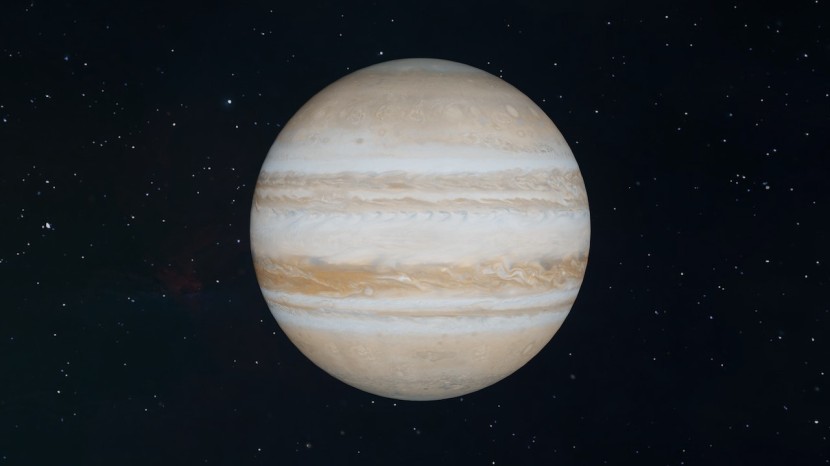
New research suggests that a shift in Jupiter's orbit could allow more of Earth's surface to nurture life, making it more habitable than it already is.
Scientists from the University of California-Riverside (UCR) simulated alternative arrangements of our solar system. They discovered that when Jupiter's orbit was more flattened, or "eccentric," it could cause major changes in our planet's orbit as well.
A More Habitable Earth?
The change caused by the orbit of Jupiter, the most massive planet in our solar system, could impact our planet's ability to support life in a positive way. Pam Vervoort, the leader of the study and UCR Earth and planetary scientist, said that if Jupiter's position remained the same but had the shape of its orbit altered, it could increase Earth's habitability.
He added that many were convinced that Earth is the epitome of a habitable planet and that any change in Jupiter's orbit, being the massive planet that it is, could only be bad for our planet. However, the team was able to show that those assumptions are wrong, as per Space.
Planets that have a more circular orbit maintain a steady distance from their star while more eccentric, over-shaped, orbits bring planets closer and further away from their stars at different points in that orbit. A planet's proximity to a star determines how much radiation it receives and how it is heated, meaning that it affects a planet's climate.
If the orbit of Jupiter became more eccentric than it is now, the team found that Earth's orbit would be pushed into becoming more eccentric as well. This meant that there would be times when our planet would become closer to the sun than it already gets.
According to SciTechDaily, being between zero and 100 degrees Celsius, our planet's surface is habitable for multiple known life forms. But in an alternate scenario, parts of Earth's surface, which are now sub-freezing, would get warmer, increasing temperatures into the habitable range.
A Change in Jupiter's Orbit
The result of the study was published on Sept. 8 in the Astronomical Journal and upends two long-held scientific assumptions about our solar system. The researchers conducted the study because they are interested in applying their discovery to the search for habitable planets around other stars.
Stephen Kane, a co-author of the study and UCE astrophysicist, said that the first thing people look for in an exoplanet search is the habitable zone. This is the distance between a star and a planet to see if there is enough energy for liquid water on the planet's surface.
The researchers noted that having water on the surface is a very simple metric for a habitable planet and it does not account for the shape of a planet's orbit or seasonal variations a planet might experience.
The finding of the study could help experts better understand what makes a habitable world habitable. The study also has implications for the search for habitable worlds outside our solar system by providing a new set of parameters by which potential habitability can be assessed, Science Alert reported.
Related Article:
© 2026 HNGN, All rights reserved. Do not reproduce without permission.








